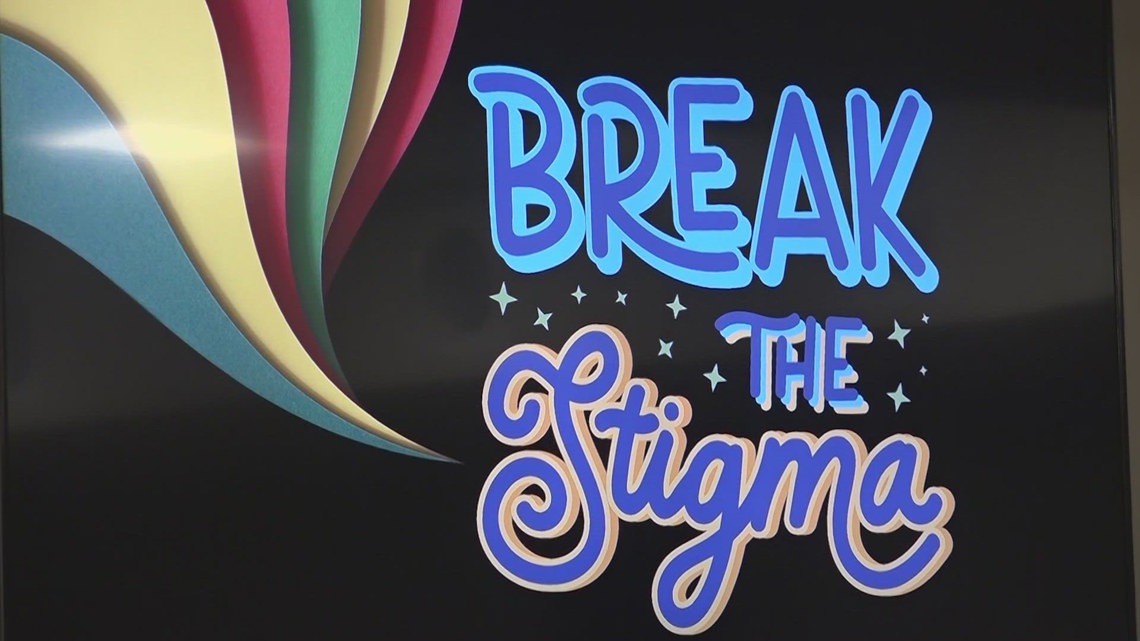
Only 39% of Black adults who reported fair or poor mental health car received services in the past years. That’s compared to 50% of White adults.
SAN ANTONIO — NAMI Greater San Antonio held a members meeting Tuesday addressing the ongoing challenges surrounding mental health care and the African American community while also touching on what the nonprofit is doing to help spark hope and healing.
According to the American Psychiatric Association, only one in three African American who need mental health care receive it. Among the barriers to care include stigma associated with mental illness, lack of insurance and distrust of the health care system overall.
Dozens of NAMI Greater San Antonio members gathered at Covenant Presbyterian Church where the focus was on the Black community and mental health. Among the speakers was Genesis Williamson, who works with the local NAMI chapter’s Bridges to Care program, which aims to not only educate communities about the importance of talking about mental health but connect people with the resources needed to begin their healing journeys.
“This is about looking where there are divides and coming together collectively so that no one person is bearing the weight of this work of touching and healing the disparities that we see in our Black community,” Williamson said. “We’ve worked to bring this information for free to communities like our east side where it’s predominantly made up of Black American populations that don’t have access. What we’ve done is partner with faith communities in order to deliver them education and training on how to become companions to one another so that they’re able to discuss mental health, that they’re able to decrease that stigma.”
National data indicates only 39% of Black adults who reported fair or poor mental health care received services in the past three years. That’s compared to 50% of White adults.
Local advocates are continuing to push and address the challenges such as improving the availability of culturally competent providers from diverse backgrounds. Combating stigma surrounding mental health remains a top priority.
“African Americans typically have less access to mental health care then the average population and part of that is due to insurance, but part of it is also due to the fact that there are fewer African American mental health care providers so that when people who have a mental health issue in the Black community want to go see a mental health provider, it’s often difficult for them to find somebody that looks like them and understands their circumstance,” said Doug Beach, executive director of NAMI Greater San Antonio. “We know that stigma is one of the biggest reasons why people don’t get health care earlier and we want to raise that issue up so that people will get care earlier, reach out, talk about it.”
To learn more about the mental health resources provided by NAMI Greater San Antonio, go here.
